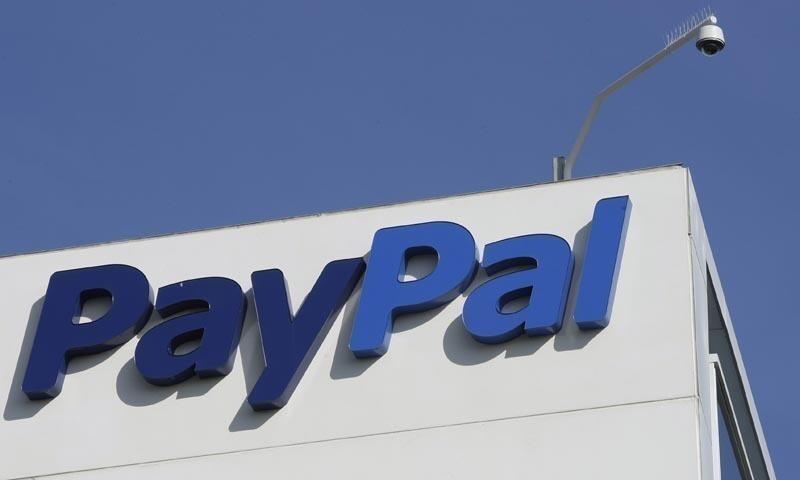Earlier this morning, there came the news that PayPal in Pakistan would become a reality very soon. Dr. Umar Saif, the Caretaker Minister for IT and Telecom, announced that PayPal will be operating in Pakistan through this partnership, albeit indirectly. He highlighted that this collaboration is poised to have a beneficial influence on the expanding freelance sector in the country, boasting a workforce of around 1.5 million individuals and ranking as the fourth-largest globally.
This development comes after continuous endeavors by past administrations to bring PayPal in Pakistan, addressing and overcoming security apprehensions. Saif underscored the potential enhancement of IT exports and freelancer remittances, attributing this positive trajectory to recent measures that endorse a more liberal financial regime.
In November, there was already a notable 13% surge in inflows from IT exports, and the government has set its sights on elevating IT exports from $2.6 billion to around $5 billion. As a crucial step in achieving this goal, IT companies are now permitted to retain 50% of their export revenue in dollars within a local account, streamlining the process of international payments.
Fact-Checking the News Regarding PayPal in Pakistan
In opposition to the assertion made by Pakistan’s interim IT Minister Umar Saif, it has been clarified that PayPal will not initiate operations in Pakistan, either directly or indirectly. On Friday, the minister indicated that PayPal would operate indirectly in Pakistan through a collaboration with an existing payment service known as Payoneer.
Sources have verified that the alliance does not signify the commencement of PayPal’s operations in Pakistan in any form. Details reveal that Payoneer is establishing a partnership with PayPal with the primary purpose of enabling PayPal to be a payment option for Payoneer users.
For example, if you’re a U.S.-based company outsourcing tasks to freelancers in Pakistan, you now have the option to pay freelancers through Payoneer using your debit or credit card. Thanks to the recent collaboration, Payoneer users can now utilize PayPal to make payments, similar to the functionality of their debit or credit cards.
“Currently, the restriction for Pakistani users is that they can simply not create an account on PayPal from Pakistan. They can, however, do that if they are, say, a citizen of the UK or the US. This partnership in no way means that users in Pakistan would be able to open a PayPal account directly or via Payoneer,” said a source familiar with the matter.
The collaboration extends beyond the borders of Pakistan and encompasses all the regions where Payoneer conducts its operations. A source suggests that narrowing the focus of this partnership to Pakistan alone, as indicated by the minister, might prove counterproductive to the country’s efforts to integrate PayPal into its financial landscape.
The endeavor to introduce PayPal in Pakistan has been a focal point in the policy discussions of various IT ministers in recent years, spurred by the escalating demand from freelancers for this service. Pakistan recognized as a swiftly expanding market for freelancers globally, was recently positioned as the fourth-largest country in terms of the freelancer population.
In September of the preceding year, the caretaker minister, Umar Saif, announced that his ministry was actively engaged in efforts to facilitate the entry of PayPal and Stripe, another global payment service provider, into Pakistan to address the need for a unidirectional payment service for freelancers. At that time, the minister expressed optimism that concrete updates on this matter could be anticipated within the following two months.
However, there has been no progress on this matter to date. A study conducted by the Pakistan Institute of Development Economics (PIDE) suggests that the obstacles preventing PayPal from commencing operations in Pakistan are primarily linked to deficiencies in the licensing framework for electronic money institutions (EMIs), apprehensions related to money laundering, and constraints imposed by the Financial Action Task Force (FATF) on Pakistan.
The research identifies the exchange control regime and data privacy as significant barriers preventing PayPal from establishing operations in Pakistan. The future of PayPal in Pakistan is still hanging in the balance.









